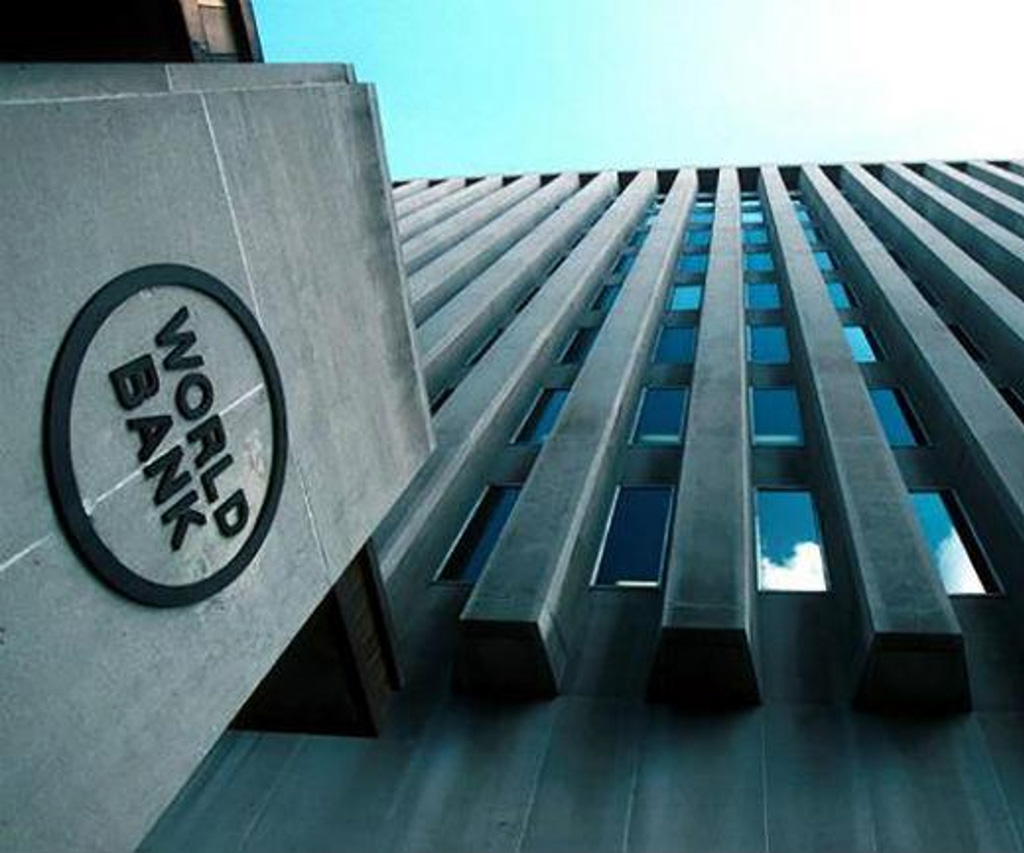 While World Bank’s annual Doing Business rankings are yet to be announced later this month, Pakistan has been classified among the top 20 improvers for 2020 by the WB with improvement across 6 key areas that include starting a business, dealing with construction permits, getting electricity, registering property, paying taxes and trading across borders.
While World Bank’s annual Doing Business rankings are yet to be announced later this month, Pakistan has been classified among the top 20 improvers for 2020 by the WB with improvement across 6 key areas that include starting a business, dealing with construction permits, getting electricity, registering property, paying taxes and trading across borders.

Where interconnectedness and technology has definitely flattened out some complexities of doing business, the World Economic Forum has extended its coverage of global risks a step ahead where it has recently published a study on the regional risks of doing business that offers a “business perspective on the impact of global risks and illustrates how they are experienced differently in each region”. The regional risk landscape study shows how economic, societal geopolitical, environmental and technological risks are impacting businesses.

Where the developed world has more to focus on cyberattacks and data thefts and frauds, and asset bubbles, the south Asian region’s key risks identified largely are environmental, fiscal, structural and security based. Water risks and manmade environmental crises (like pollution) are at the top of the list with security concerns also noticeable.
Water crisis in South Asia region has moved up as a threat to executives in the region (as per the survey conducted) where it is the first risk in India, second in Pakistan and fourth in Sri Lanka. And rightly so because of the regions low per-capita water availability against increased use, low storage capacity especially in countries like Pakistan and heightened tension on the resource sharing between countries like Pakistan and India.
Terrorist attacks are the second leading risk in the region where the report mentions recent events like the Pulwama attack and the deadly attack in Sri Lanka this Easter as reminders of the threat the region has been facing for long.
Another major risk, which is also the top risk for Pakistan is the energy price shock, as the region has been an energy deficit region that relies largely on imports where the burden was increases when the government has to subsidise the cost further to make it affordable for it population.
The region is also a home to the world’s most polluted countries: India, Pakistan and Bangladesh, which is why manmade environmental catastrophes come as a third major threat to the region. But for Pakistan, structural and fiscal challenges have been considered much graver. Business leaders ranked unemployment (or underemployment) and fiscal crisis higher – both of which are issues have aggravated further and need immediate attention.





















Comments
Comments are closed.